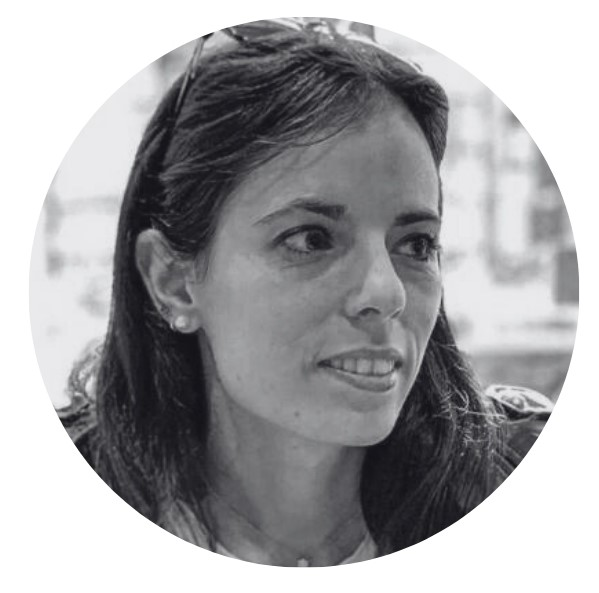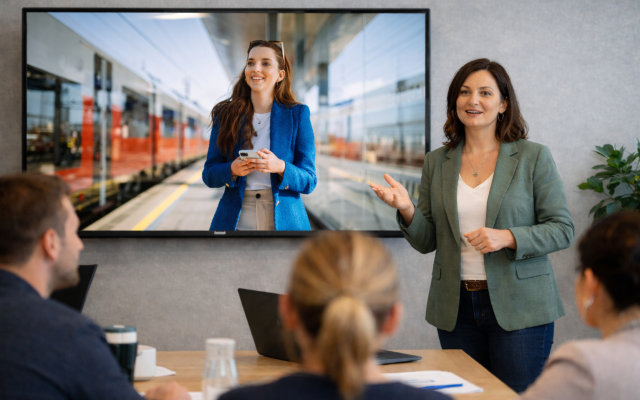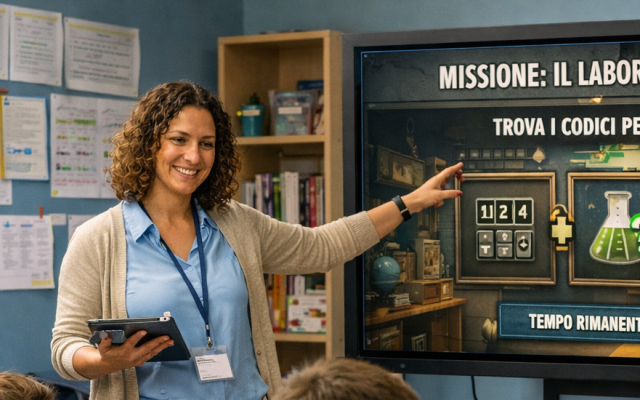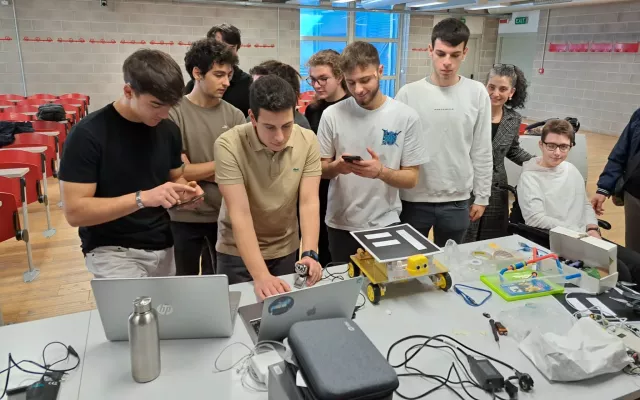Remid@ activities are underway: a digital network supporting Milan's most vulnerable citizens
- I was given this, but I don't know where to start
- Can you explain what artificial intelligence actually does?
- How can I avoid being scammed by a strange link?
There is a time in summer when cities seem to slow down. Shutters come down, voices become fewer, and the ordinary takes on extraordinary contours. It is precisely in these months, when feelings of loneliness and disorientation can become more prevalent, especially among the most vulnerable sections of the population, that we have chosen to be there, to stay, to support those who remain in the city.
With the REMID@ - REndere Milano Inclusiva e Digitale (Making Milan Inclusive and Digital) project, the Fondazione Mondo Digitale ETS, together with MigliorAttivaMente APS, the Municipality of Milan, and with the contribution of the Fondazione di Comunità Milano, has set itself the ambitious goal of building the first digital facilitation centres in the city of Milan to help citizens, especially those over 65, to use technology consciously and independently. A few weeks ago, with our trainer Sabrina Grillo, we launched the first training sessions in three municipalities of the city: at the headquarters in Via Dogana (municipality 1), at the Casa di Quartiere in Via San Paolino (municipality 6) and at the Casa di Quartiere in Via Lessona (municipality 8), where, with a calendar of free and tailor-made meetings, we are already creating a small network of active digital citizens.
Each session is a small workshop of discovery: we start with the most practical needs, such as activating SPID, writing an email, using WhatsApp or understanding how to navigate Meta's artificial intelligence functions, which are often activated by mistake, and move on to topics that intrigue and fascinate, such as artificial intelligence and home automation.
In particular, with some participants from Municipio 6, made up almost entirely of a group of curious elderly women eager to learn, accompanied by a few attentive husbands, we talked about smart homes: from lights that turn on with your voice to virtual assistants such as Alexa, as well as security and automation devices that can improve the quality of daily life.
The stories that emerge from these meetings are many and varied: some arrive with a mobile phone in their hand and a slightly frightened look on their face: “I was given this, but I don't know where to start”. Then there are participants with an almost irrepressible desire to understand, ask questions and experiment: “Can you explain exactly what artificial intelligence does? And how can I avoid being fooled by a strange link?”. Every question is valuable, a source of further insight, and in no time at all, we find ourselves moving from one topic to another, from the micro to the macro and vice versa; sometimes improbable flights of fancy, but always beautiful. What really strikes you, in the midst of all this digital technology, is the humanity that emerges with strength and spontaneity: the topics we tackle and the tools we try out are useful, often surprising, but it's the faces, the smiles, the chatter at the beginning or end of the meetings that make the difference; it's the phone calls to sign up for the next meeting, the questions that follow one another, the relationships that are formed and, as one participant shared with her colleague Sofia, even the fragile confessions of those who find support in times of need: ‘I'm alone at home with my husband bedridden. If I don't understand these things, how can I take care of him?’ ‘These are realities that reflect real, authentic life, made up of a desire to improve oneself and others, even with a few decades more than those who were born into this innovation,’ adds Sofia. One of the most encouraging aspects is that each week, every group is enriched by new participants, a clear sign that we are perhaps tapping into a real need and that we are on the right track.
The summer activities will continue until the end of July and, from September, will resume with even more momentum and coverage, extending to all nine municipalities in Milan. Our commitment will continue with training courses dedicated not only to the over-65s, but also to young people in transition or looking for employment, families and anyone in need of practical support. Digital help desks will also be available by appointment to assist citizens in using online public administration services.
Remid@, after all, was created with this spirit in mind: to offer tools, contexts and relationships that accompany Milanese citizens in the conscious use of technology, making them more autonomous in accessing digital services and guiding them, with simplicity and confidence, to discover the innovations that are transforming everyday life. But it is also much more: it is a concrete way of building networks, of bringing institutions, associations and local authorities into dialogue with the people who live in and animate neighbourhoods, because a truly digital city is one that, first and foremost, connects people, generates lasting synergies and transforms every shared space into a place of learning, encounter and growth.

The text is by Elisabetta Gramatica, project officer



